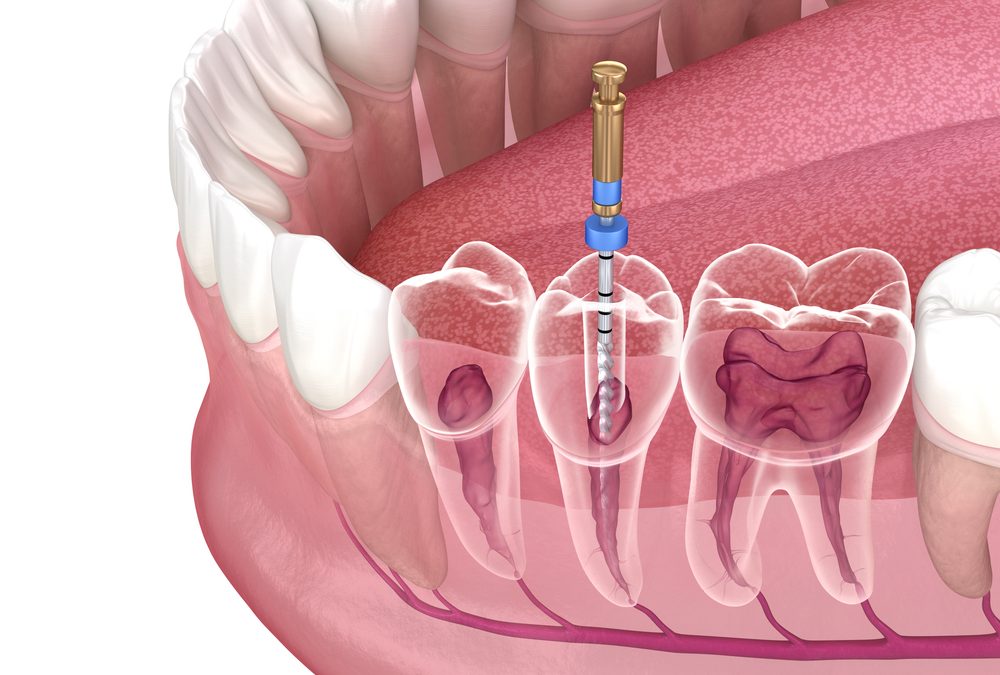Most people are often terrified when they hear the words “root canal.” However, this procedure is not as scary as it seems. Keep reading this blog to learn more about root canals, why they’re performed, and the overall process.
What Are Root Canals?
When cavities are left untreated, the tooth decay slowly spreads towards the nerves and roots of your teeth. Once this area becomes infected, it’s only a matter of time before you may need a tooth extraction. A root canal will help you preserve your natural tooth and prevent a potential tooth extraction.
What Are Signs Indicating a Root Canal?
Most often, patients will have various symptoms that indicate the need for a root canal. Some common signs include:
● Severe toothaches
● A darkened tooth
● Painful, small bumps around the affected area
● Increased tooth sensitivity
● Pain radiating from the affected area
● Pain when eating or pressure is placed on the tooth
If you are experiencing any of the symptoms listed above, please contact our dentist in Richmond Hill as soon as possible for an oral exam. It is important to note that some patients may experience no pain or discomfort but will still require a root canal. Regular dental exams and cleanings are essential to maintaining your teeth and preventing tooth decay and other oral health issues from arising. During a routine oral exam, your dentist will examine your mouth and take x-rays to detect cavities and other issues before they progress. Early treatment can prevent you from spending more time and money at the dentist in the future.
What Should I Expect When Receiving a Root Canal?
Many patients are under the misconception that root canals are extremely painful. You’ll be glad to know that isn’t the case. If anything, a root canal can eliminate your pain. Local anesthesia will be administered before the procedure begins to ensure you feel no pain. Once the area has been thoroughly numbed, our dentist will create a small hole in your tooth to access and remove the decay. Your tooth will then be thoroughly cleaned and sealed. Dental crowns are often recommended after a root canal to strengthen and protect your tooth.
It is normal to feel some discomfort in the next couple of days after your root canal. The discomfort will subside within a few days. We recommend eating soft foods until you feel comfortable resuming your regular diet. If you have any questions, please do not hesitate to contact us.
Why Should I Receive a Root Canal?
There are various benefits to receiving a root canal, including the following:
● You can improve your oral health
● You can prevent the tooth decay from spreading further
● You can improve the appearance of your tooth
● You can prevent a tooth extraction
Visit Your Dentist Today!
Root canals are not as scary as they seem once you better understand the overall process. If your dentist has recommended a root canal, please do not let the fear prevent you from improving your oral health. Please feel free to contact us if you have any additional questions regarding root canals or would like to schedule a consultation.


